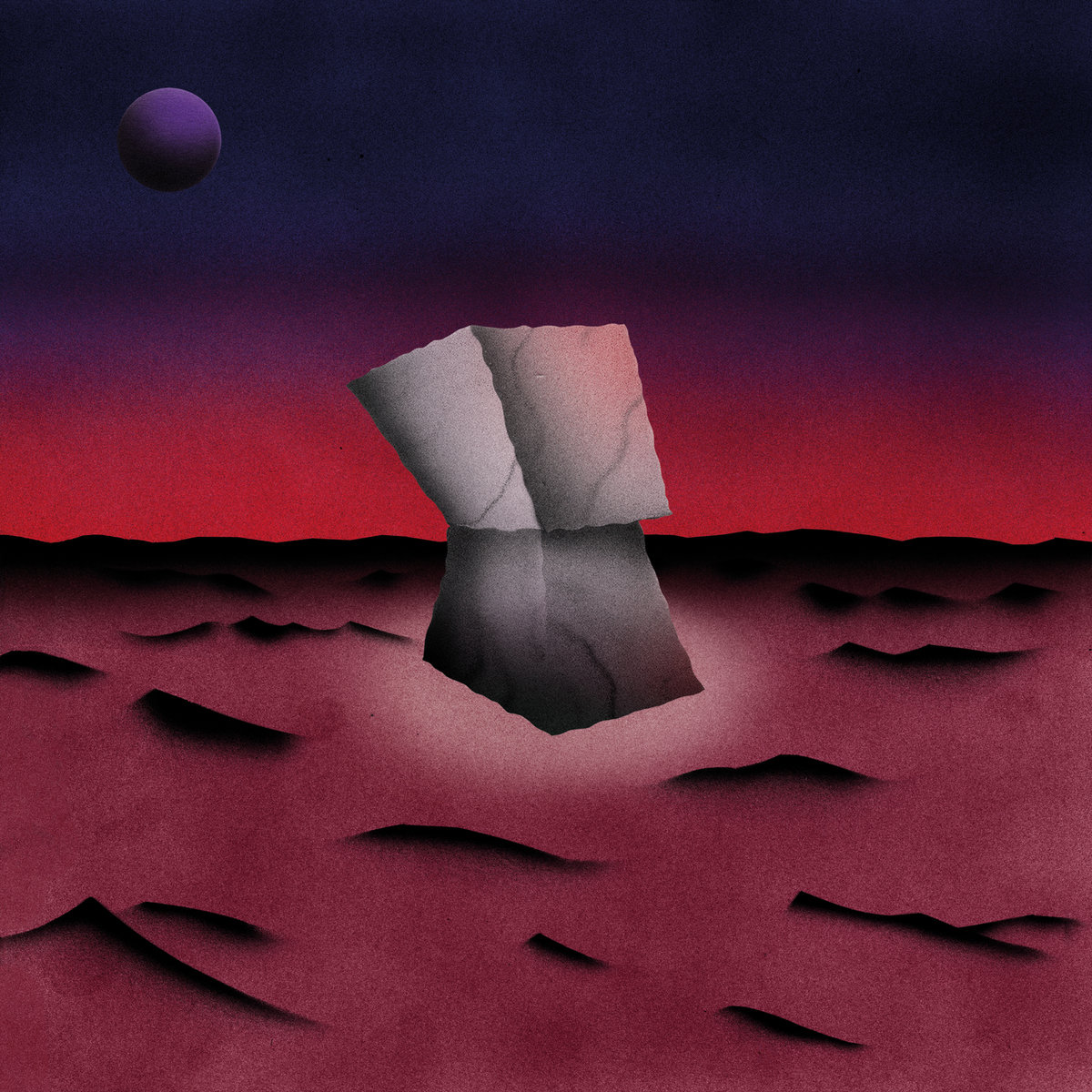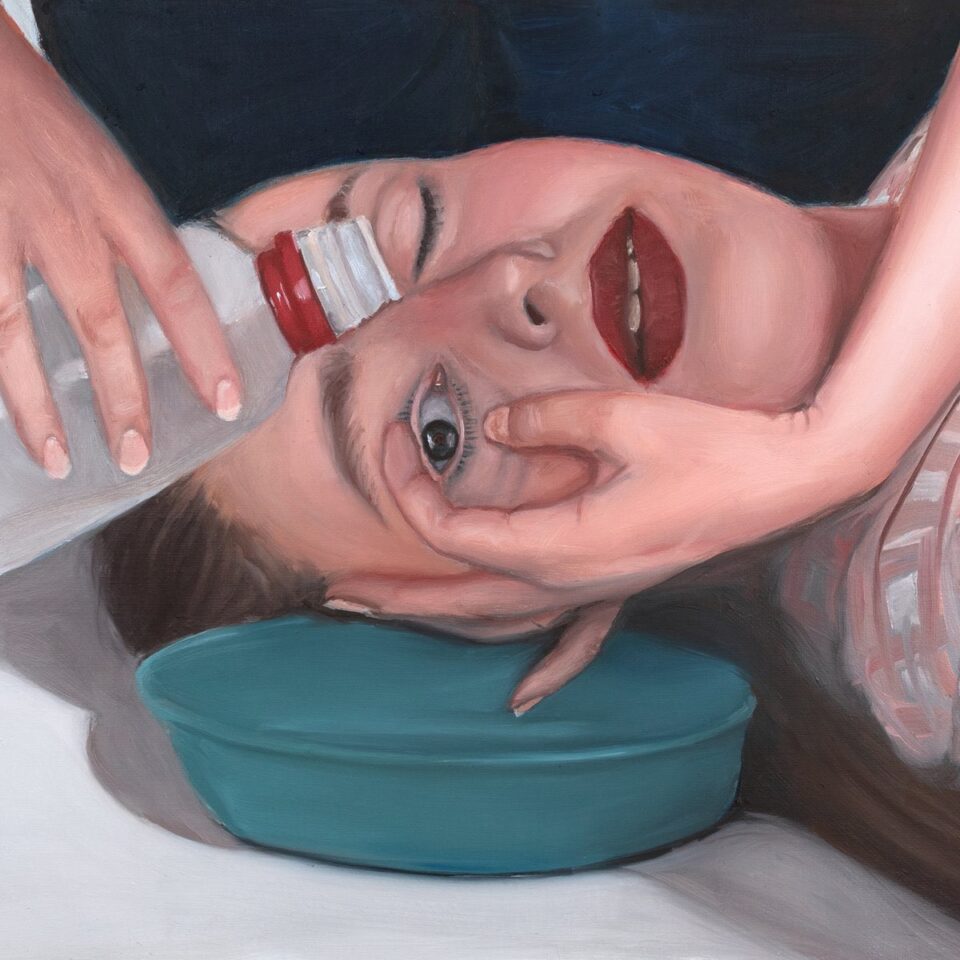King Krule
Space Heavy
MATADOR/XL
Possessive of (or possessed by) a tortured brand of narrative text to go with his always-vulnerable yet usually ire-filled baritone vocals and icily composed, genre-jumping instrumentals, Archy Marshall’s King Krule project has spent the last decade mostly making the same album over and over again. How good, great, or eh this catalog actually is, when taken as a whole, is suddenly debatable.
What isn’t debatable is that for four studio albums—including his just-released full-length Space Heavy—the only differences in Krule’s oblong brand of post-punk/dub-jazz come down to whether the dreamiest aspects of his production techniques and prose stem from (and sound like) a bad dream, or a good dream, and how Marshall chooses to occupy the psychic and physical space between said stylized dreams. And it is stylized, or rather overly manicured, what Marshall chooses to portray as tossed off—say, on the aptly titled wifty guitar-filled “Flimsier” and its bleeding, nocturnal, love-not-love lyrics, or the brusque molten jazz of “Pink Shell,” or the eternally drifting instrumental vibe of “If Only It Was Warmth.”
With Space Heavy, Marshall seems to spend an awful lot of time painstakingly sculpting words and music which is supposed to sound like a hastily made emotion. Along with all that, I’m not necessarily convinced that Marshall’s impromptu refrigerator-magnet wordiness actually lands on anything close to truly poetic, or interesting, with rhymey sentiments such as “Why'd you return into the world of distant past / We separate across the blades of growing grass” matched to the wealth of feeling that is “Seaforth.” At least “Hamburgerphobia” shows something of a sense of humor.
Maybe Space Heavy is heavier and aesthetically deeper than I imagine, but King Krule suddenly comes across as lightweight to me; angry and sad with the appropriate ambience on which to guide bad vibes.







